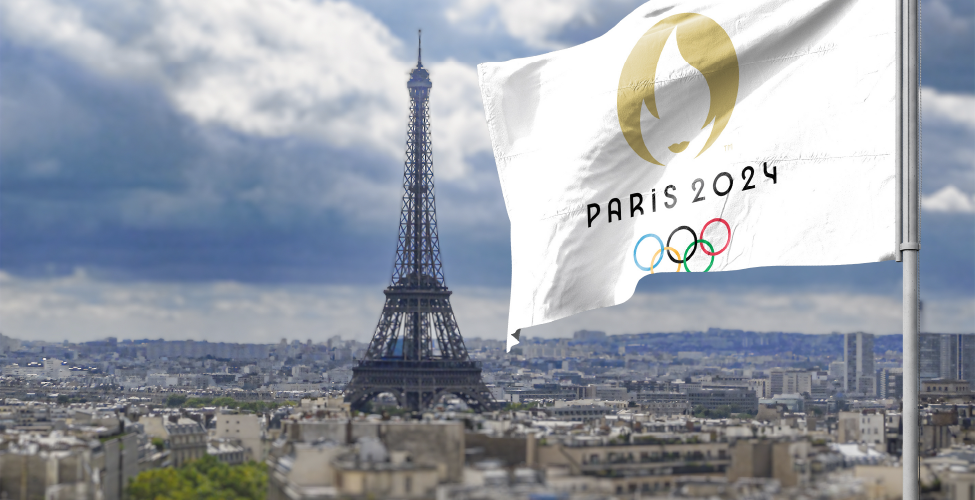What are "augmented" cameras and what are they used for?
The term "augmented" camera refers to video devices with associated software for automatic image analysis (algorithmic processing).
In practice, these automated image analysis software programs, which are combined with CCTV cameras authorized by prefectural decree, can detect or "recognize" specific objects, behaviors or events.
In concrete terms, eight events can be detected:
- the presence of abandoned objects;
- the presence or use of weapons;
- the failure of a person or vehicle to follow the common direction of traffic;
- the crossing or presence of a person or vehicle in a prohibited or sensitive area;
- the presence of a person on the ground following a fall;
- a crowd movement;
- too high a density of people;
- a start of fire.
These "augmented" camera systems can only be used to ensure the security of large-scale events (such as the opening ceremony), which are particularly exposed to the risk of acts of terrorism or serious threats to personal safety.
In concrete terms, these devices can only be used at the event venue, in the vicinity of the event and in the means of public transport, i.e. on fixed cameras already present on the streets, in train stations or within the subway and suburban train facilities, but also on drones.
Please note:
- The systems enable the situations listed above to be reported to authorized agents, who check the alerts to validate them or not. They then decide what action to take and, in particular, whether it is necessary to alert the competent services.
The events detected are therefore always subject to human analysis before any action is taken. You cannot thus be the subject of any individual decision or be prosecuted solely on the basis of these algorithmic processes. Furthermore, no cross-referencing with other files is possible.
- The data collected by the "augmented" cameras for the design of the software algorithm will be kept for a maximum of one year after recording (or until the end of the experiment if it ends earlier). Among other things, this may enable the devices to improve the quality of detection of predetermined events. Recordings of alerts are also kept for a period of one year after recording.
Will "augmented" cameras be used for facial recognition?
No.
As requested by the CNIL, the devices that will be used during the Olympic Games will not use facial recognition. The law explicitly excludes the use of any biometric identification system or facial recognition techniques.
The CNIL considers that facial recognition systems present significant risks, such as :
- the potential risk of unprecedented surveillance and the risk of undermining anonymity in the public sphere;
- the unique identification of individuals via particularly sensitive and permanent data (face);
- an imperfect and biased technology (error rates can vary according to gender or skin color, for example)
Read more :
Will these "augmented" camera devices be maintained after the Olympic Games?
Yes, but only temporarily.
The French Law relating to the 2024 Olympic and Paralympic Games allow an experimentation that ends on March 31, 2025. The systems can no longer be used after this date; it could only be extended by a new law.
In this respect, as it did throughout the discussions on the French Law relating to the 2024 Olympic and Paralympic Games, the CNIL calls for a democratic debate on the subject.
Please note: this experiment does not only concern the Olympic and Paralympic Games, but also other sporting, recreational and cultural events (concerts, matches).
How is the CNIL supervising experimentations with these "augmented" cameras?
The CNIL's role is to support and supervise experimentations with these systems, notably by alerting organizations of their obligations to comply with regulations.
The CNIL supported and supervised around ten companies supplying algorithmic devices during the call for tenders of the French Ministry of the Interior. It provided them with initial feedback on the legal and technical analysis of the solutions proposed in July 2023. The CNIL is also helping to ensure the compliance of operators implementing these systems.
The CNIL also attended the first real-life test organized by the Paris Police during the Depeche Mode concert at the Accor Arena in Paris on March 5, 2024: the device was able to check crowd density, detect people or vehicles crossing into prohibited areas, fire starts, etc.
The CNIL will be informed every three months of the conditions under which the systems are implemented.



